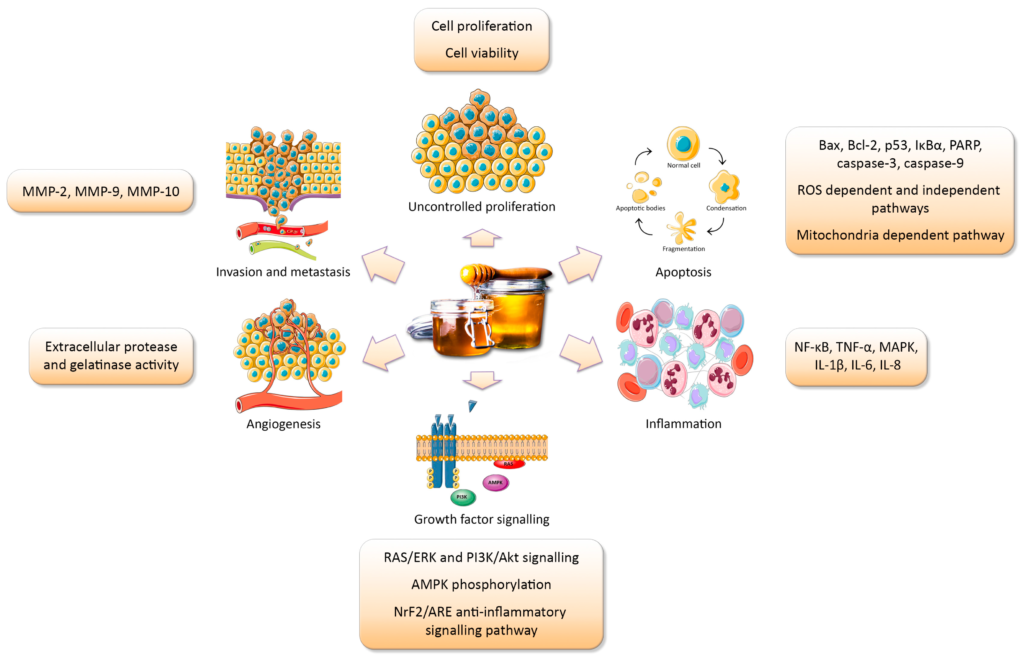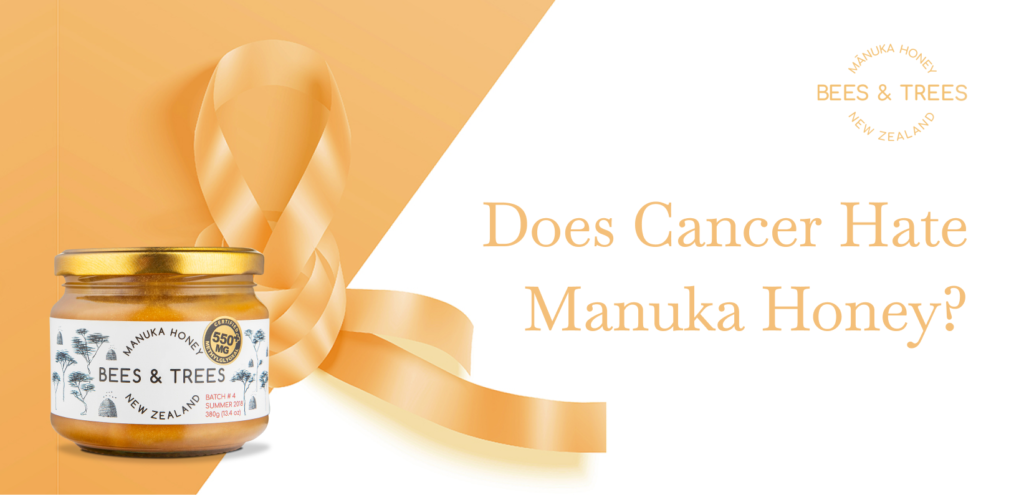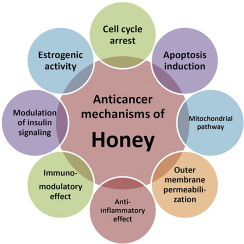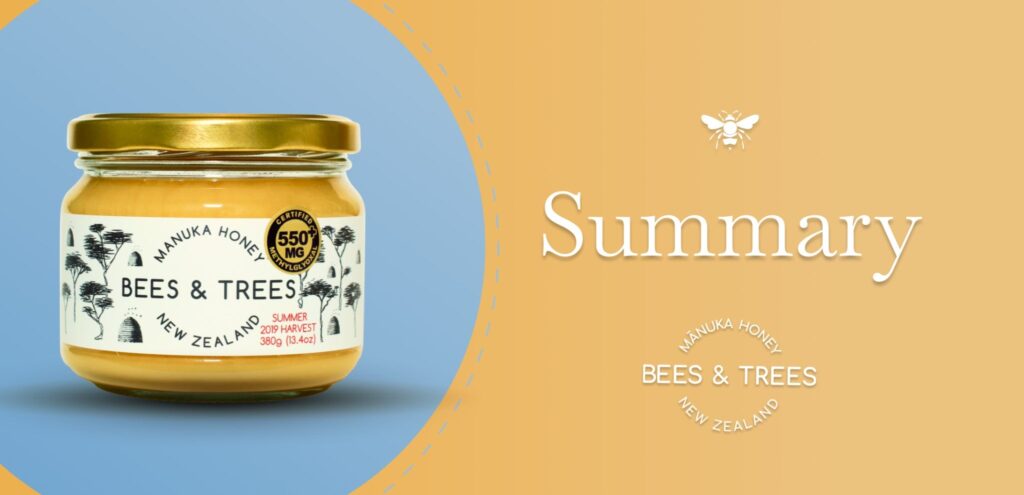
Prostate cancer is a common concern for many men, and finding natural remedies that enhance traditional treatment options is of great interest. In recent years, there has been a growing buzz surrounding the potential benefits of manuka honey in supporting prostate cancer treatment. This article explores whether manuka honey has any positive effects on prostate cancer and sheds light on the current research surrounding this topic. So, if you’re looking to discover if manuka honey can truly make a difference in managing prostate cancer, read on to uncover the truth.
Overview of Prostate Cancer
What is Prostate Cancer?
Prostate cancer is a type of cancer that develops in the prostate gland, which is a small walnut-shaped gland that produces the seminal fluid that nourishes and transports sperm. It is one of the most common types of cancer in men and typically develops slowly over time. Prostate cancer can vary in severity, from low-grade tumors that may not cause harm to aggressive tumors that can spread to other parts of the body.
Symptoms of Prostate Cancer
In its early stages, prostate cancer may not cause any noticeable symptoms. However, as the cancer progresses, symptoms may start to appear. These can include frequent urination, difficulty starting and stopping urination, weak urine flow, pain or burning during urination, blood in the urine or semen, erectile dysfunction, pain in the hips, pelvis, or lower back, and bone pain. It is important to note that these symptoms can also be caused by other conditions, so it is essential to consult a healthcare professional for a proper diagnosis.
Causes of Prostate Cancer
The exact cause of prostate cancer is unknown, but certain risk factors have been identified. These include age, with the risk increasing significantly after the age of 50, family history of prostate cancer, ethnicity (African-American men are at a higher risk), and certain genetic mutations. Additionally, lifestyle factors such as poor diet, lack of exercise, smoking, and exposure to certain chemicals may also contribute to the development of prostate cancer.
Treatment Options for Prostate Cancer
The treatment options for prostate cancer depend on various factors, including the stage and aggressiveness of the cancer, as well as the individual’s overall health. Treatment options may include active surveillance (regular monitoring without immediate treatment), surgery to remove the prostate gland (prostatectomy), radiation therapy, hormone therapy, chemotherapy, immunotherapy, and targeted therapy. The choice of treatment is determined through a collaborative decision-making process between the patient and their healthcare team.
Introduction to Manuka Honey
What is Manuka Honey?
Manuka honey is a unique type of honey that is produced by bees that pollinate the Manuka bush, which is native to New Zealand. It is known for its distinct flavor and aroma, as well as its potential health benefits. Manuka honey has been used for centuries in traditional medicine due to its antibacterial properties and healing properties. It is also gaining popularity in the field of complementary and alternative medicine.
Composition of Manuka Honey
The composition of Manuka honey is what sets it apart from other types of honey. It contains a higher concentration of certain compounds, including methylglyoxal (MGO), dihydroxyacetone (DHA), and hydrogen peroxide. Methylglyoxal is believed to be the main compound responsible for the antibacterial properties of Manuka honey. The unique composition of Manuka honey is determined by the nectar collected from the Manuka bush, as well as the bees’ enzymatic activity.
Properties of Manuka Honey
Manuka honey possesses several properties that make it a potential candidate for various health benefits. It has been found to have antimicrobial properties, meaning it can inhibit the growth of certain bacteria and fungi. Additionally, Manuka honey has anti-inflammatory properties, which can help reduce inflammation in the body. It also has antioxidant properties, which can help protect cells from oxidative damage. These properties make Manuka honey a fascinating substance worthy of further investigation.

Laboratory Studies on Manuka Honey and Prostate Cancer
In vitro Studies
In vitro studies, which are conducted in a laboratory setting, have shown promising results regarding the potential effects of Manuka honey on prostate cancer. These studies have demonstrated that Manuka honey exhibits anticancer activity against prostate cancer cells. It has been observed to inhibit the growth and proliferation of cancer cells, induce cell death (apoptosis), and inhibit the invasion and migration of cancer cells. These findings suggest that Manuka honey may have the potential to be used as a complementary treatment for prostate cancer.
Animal Studies
Animal studies have also provided valuable insights into the potential benefits of manuka honey in prostate cancer. These studies involve administering Manuka honey to animals with induced prostate cancer and observing its effects. The results have shown a reduction in tumor size and growth rate, inhibition of tumor progression, and an improvement in overall survival rates. Although further research in humans is needed, these animal studies provide a foundation for exploring the potential therapeutic effects of Manuka honey on prostate cancer.
Clinical Trials and Observational Studies
Effects of Manuka Honey on Prostate Cancer Patients
Clinical trials and observational studies involving prostate cancer patients have also investigated the effects of Manuka honey. While research in this area is limited, some studies have indicated positive outcomes. Manuka honey supplementation has been found to improve quality of life and reduce treatment-related side effects such as inflammation and pain in prostate cancer patients undergoing radiation therapy or chemotherapy. However, it is important to note that more extensive research is needed to establish the efficacy and safety of Manuka honey in prostate cancer treatment.
Benefits of Manuka Honey in Prostate Cancer Treatment
The potential benefits of manuka honey in prostate cancer treatment go beyond symptom management. Its antimicrobial properties can help reduce the risk of infection, which is a common concern in patients undergoing cancer treatment. Furthermore, its anti-inflammatory and antioxidant properties may contribute to the overall well-being of prostate cancer patients. However, it is crucial to consult with healthcare professionals before incorporating Manuka honey into a treatment plan, as it should not replace standard medical treatments but rather complement them.

Mechanisms of Action
The Antioxidant Effect of Manuka Honey
Manuka honey contains various antioxidants, including phenolic compounds, flavonoids, and vitamins, which contribute to its antioxidant activity. Antioxidants help neutralize harmful free radicals in the body, which can cause oxidative damage to cells and contribute to the development and progression of cancer. By reducing oxidative stress and promoting cellular health, the antioxidant effect of Manuka honey may play a role in protecting against prostate cancer.
Antiproliferative and Proapoptotic Properties
Studies have shown that Manuka honey can inhibit the growth and proliferation of prostate cancer cells in vitro and in animal models. The exact mechanisms underlying this antiproliferative effect are still being explored, but it is believed to involve the modulation of various signaling pathways involved in cell growth and survival. Additionally, Manuka honey has been found to induce programmed cell death (apoptosis) in prostate cancer cells, which can help control tumor growth and prevent metastasis.
Immunomodulatory Effects on Prostate Cancer
The immune system plays a crucial role in recognizing and eliminating cancer cells. Manuka honey has been found to have immunomodulatory effects, meaning it can modulate or regulate the immune response. It has been shown to enhance the activity of certain immune cells, such as natural killer cells and lymphocytes, which are involved in targeting and destroying cancer cells. By boosting the immune system’s ability to fight against prostate cancer, Manuka honey may have potential therapeutic benefits.
Potential Side Effects and Precautions
Adverse Effects of Manuka Honey
While Manuka honey is generally considered safe for consumption, it is essential to be aware of potential adverse effects. Allergic reactions to honey, including Manuka honey, can occur in some individuals. Symptoms may include rash, hives, itching, swelling, and difficulty breathing. It is recommended that individuals with known honey allergies or allergies to bee products exercise caution when consuming Manuka honey. Additionally, excessive consumption of honey can lead to gastrointestinal symptoms such as diarrhea and bloating.
Interactions with Medications
It is crucial to consider potential interactions between Manuka honey and medications when incorporating it into a treatment plan. Manuka honey has been reported to have the potential to interact with certain medications, mainly those metabolized by the liver. It may affect the metabolism and efficacy of these medications. Individuals taking medications should consult with their healthcare provider before using Manuka honey to ensure its safe and appropriate use alongside their medications.

Other Health Benefits of Manuka Honey
Wound Healing
Manuka honey has long been recognized for its wound healing properties. It has been used in the treatment of various wounds, including burns, ulcers, and surgical wounds. The antibacterial, anti-inflammatory, and antioxidant properties of Manuka honey contribute to its effectiveness in wound healing. It can help prevent infection, reduce inflammation, promote tissue regeneration, and accelerate the overall healing process.
Anti-inflammatory Properties
Chronic inflammation has been associated with an increased risk of various diseases, including cancer. Manuka honey has been found to possess anti-inflammatory properties, which can help reduce inflammation in the body and potentially lower the risk of chronic diseases. The anti-inflammatory effects of Manuka honey have been attributed to its antioxidant compounds and their ability to modulate inflammatory pathways.
Digestive Health
Manuka honey may have potential benefits for digestive health. It has been used in the treatment of gastrointestinal conditions such as gastritis, peptic ulcers, and irritable bowel syndrome (IBS). The antibacterial properties of Manuka honey can help combat harmful bacteria in the gastrointestinal tract, while its anti-inflammatory properties may help reduce inflammation in the digestive system. Additionally, Manuka honey has been shown to have prebiotic effects, promoting the growth of beneficial gut bacteria.
Antibacterial Effects
One of the most well-known properties of Manuka honey is its potent antibacterial activity. It has been shown to be effective against various bacteria, including antibiotic-resistant strains. The antibacterial effects of Manuka honey are primarily attributed to its high concentration of methylglyoxal (MGO), which disrupts the growth and survival of bacteria. The antimicrobial activity of Manuka honey can be beneficial in combatting bacterial infections and promoting overall health.
Conclusion
While research on the potential benefits of Manuka honey in prostate cancer treatment is still in its early stages, laboratory studies, animal studies, and preliminary clinical trials suggest promising findings. The unique composition and properties of Manuka honey, such as its antioxidant, antiproliferative, and immunomodulatory effects, make it a substance worthy of further investigation. However, it is important to note that Manuka honey should not replace standard medical treatments for prostate cancer but rather be used as a complementary approach under the guidance of healthcare professionals. It is always recommended to consult with a healthcare provider before incorporating Manuka honey into a treatment plan or making any significant dietary changes.
